Love in the Times of Pandemic
“Power without love is reckless and abusive, and love without power is sentimental and anemic. Power at its best is love implementing the demands of justice, and justice at its best is power correcting everything that stands against love.”
If “justice is what love looks like in public”, then it becomes important to examine what this “love” is. It’s not mere simpering sentimentality, it’s the care, commitment, trust, responsibility, respect and knowledge that we owe to one another. If we understand that love is an action, and not something that we just feel, then it means that the act of doing love are acts of constant justice we commit toward each other.
However, most people associate “love” as entirely void of substance or action. It is viewed as this amorphous thing that is magnanimous and always accepting of everything; the good, bad and the downright horrendous. This manner of cooptation and weaponisation of the concept always works to cede power to those who already have it and abuse it. When this “love” starts to work in tandem with abuse, not only is it no longer love, it simply never was love. After all, love and abuse cannot co-exist.
The ability to recognise our blind spots can only occur when we decide to expand our concern about politics of oppression and to care about the many modes of domination that plague our society. If we understand that a culture of domination is anti-love, then a culture that works to move against domination is an act of love for the social good of others. Trying to move against oppression only when it starts to affect our self-interests is not an act of concern or care. Then it is a highly individualised act, one that is not interested in the collective transformation of social and political structures.
If oppression exists, a simultaneous call for justice must exist, and that sense and demand for justice must be rooted in a love ethic informed by care, commitment, trust, responsibility, respect and knowledge that we feel socially responsible for one another.
Everyone has the capacity to transform, but it does not mean that everyone will take on that opportunity to utilise that capacity to transform. If the purpose of social justice is to radically transform our structures, then it is the belief that people have an inherent potential to transform and be redeemed that keeps social justice movements alive.
This, of course, needs to be translated into policy. If justice is what love looks like in public, and if love is an action, what exactly is that action that facilitates justice to thrive? Policy is power on paper that is implemented into society so that it may facilitate the conditions for love to demand justice. If love did not demand justice, then it is of no use or substance. Love needs to be backed with material changes that alleviate the conditions where oppressions thrive. It needs to be resources — social, political, material, and emotional that are available, not just for those who are suffering or oppressed, but simply for all.
To end on King’s words again “the end is reconciliation, the end is redemption, the end is the creation of the beloved community”. True liberation is when we move past resistance to transformation. It is the moment when we choose to love. When it is practised as an ethic against domination. It is no longer anaemic, as it has the pulse of the community running through its veins.
Love becomes an act that moves towards justice, and towards freedom. Love in the times of the pandemic is social justice.

